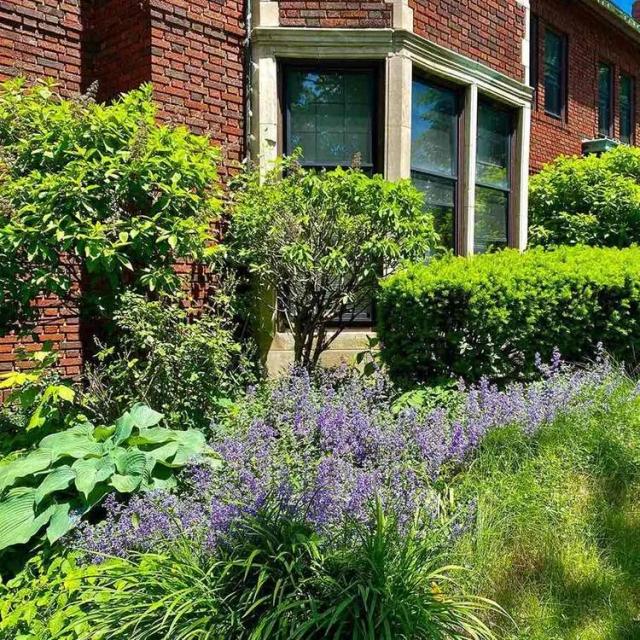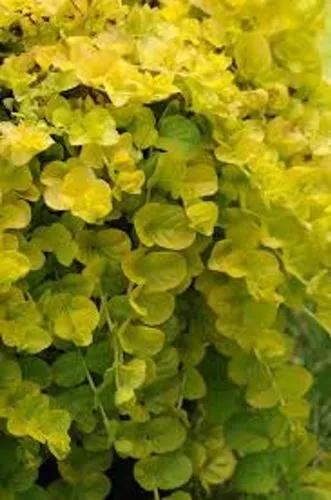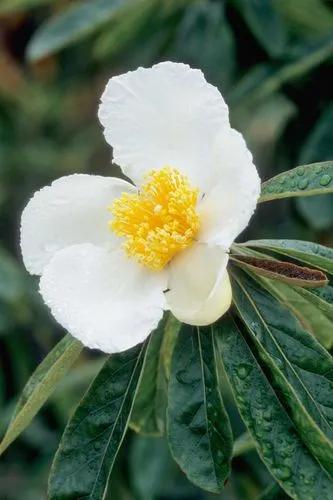The majority of hebe shrubs are native to New Zealand. They range in size from small bushes that may grow about 3 feet (1 m.) tall to larger tree-like varieties reaching heights of up to 6 feet (2 m.). There are also both large and small-leafed types available. While evergreen in nature, their foliage provides year-round interest with additional colors in burgundy, bronze or variegated. Most hebes bloom in summer and last throughout fall. Some varieties even offer winter blooms. These spiked flowers also come in a range of colors—from white, pink and crimson to blue and purple.
New Zealand Hebe Care
Hebe Speciosa



How to Care for the Plant

Water

Keep Hebe andersonii moderately moist and avoid waterlogging. In hot summers you have to take care in tubs and balcony boxes that the soil never dries out completely. Once the root balls are dry, it is difficult for the tub plants to recover from the drought stress.

Fertilizer

You can tell whether a shrub veronica needs fertilizer by the fact that it is stagnating as it grows. Potted plants usually have sufficient fertilizer in their growing medium for the first few weeks. After that, liquid fertilizer with as little lime as possible is added to the irrigation water every two weeks. From August you should stop fertilizing so that the plants do not go too mastig into the winter.

Sunlight

Hebe andersonii loves it bright, but not full sunny. She needs warmth, but doesn’t like it too hot. Above all, the newer colorful-leaved varieties prefer cooler places in the semi-shade. If, on the other hand, they are too shady, they do not optimally develop the leaf pattern.

Soil

hebe plant loves a permeable soil. Mix normal potting soil with a third of sand and clay granulate in equal parts. If you plant out the New Zealander during the season, you can put the same mixture in the planting hole.

Temperature

hebe plant is wintered in a bright, cool place at five to ten degrees Celsius. A cold house is ideal. Outside, most varieties of shrub veronica taper off at minus five degrees Celsius. Depending on the weather, you can clear out the wintering plants from March onwards in order to acclimatise them slowly.

Popularity

28 people already have this plant 4 people have added this plant to their wishlists
Discover more plants with the list below
Popular articles






